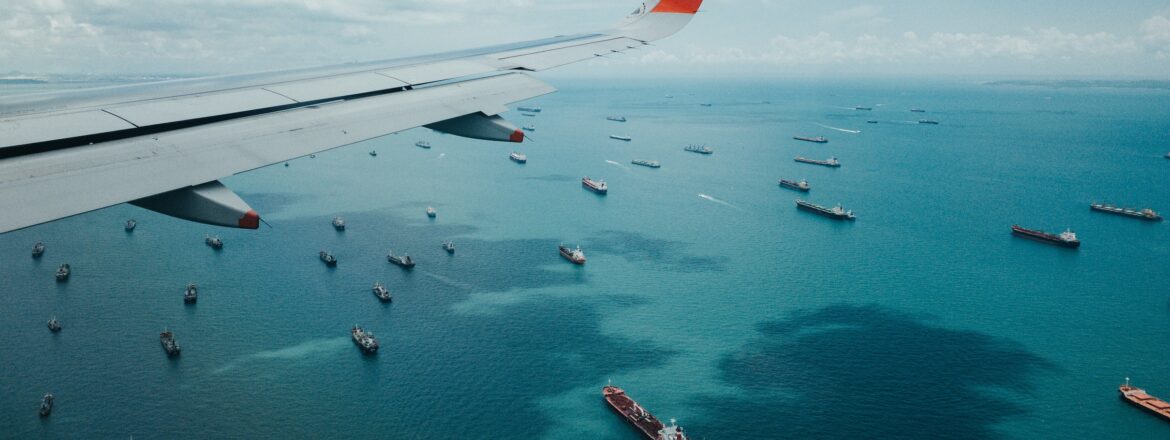Delivering goods by truckloads (or whatever wording you think works best, just not containers as this is different – FCL and LCL), including LTL (Less-Than-Truckload) and FTL (Full-TruckLoad), is a hot topic nowadays with transport demands skyrocketing due to the enormous growth of e-commerce during the pandemic. Whether you’ve been doing business online for a while or just growing your e-commerce business, having a thorough understanding of all your container trucking options allows you to make the best decisions for your company.
What is FTL (Full-TruckLoad)?
FTL is essentially hiring and paying for an entire truck or carrier to transport your shipment. The entire available space in the truck is assigned to one customer. Whole truckload shipments were a traditional way of shipping and are starting to become less and less popular now with the changes in the e-commerce landscape. However, FTL services are still required by companies that haul bulk items or heavy loads across greater distances.
What is LTL (Less-Than-TruckLoad)?
Starting to gain popularity in the 1980s, the LTL method of shipping is ramping up momentum nowadays due to the ever-increasing demand for e-commerce. Direct-to-consumer deliveries have led to adaptations to transporting more custom-sized loads.
LTL shipping is when a shipment only occupies partial space of a full 48 or 53 foot trailer and weighs between 100 to 10,000 pounds.
What is the difference in cost?
The per-unit cost of FTL may be cheaper, but only when you can fill up and maximize the entire space and your entire freight is arriving at the same destination.
LTL trucking is a more cost-effective choice as you’re only purchasing space as needed. There’s a slight difference in the way quotes are calculated between LTL and FTL ranging from distance travelled, weight, and pallet size.

What about the timeline?
Time is of course equally important when it comes to choosing a shipping method. FTL is often the fastest delivery method as the entire trailer arrives at a single location. LTL takes longer due to the need to consolidate and cycle through a few hubs in order to maximize space and fuel.
LTL may be a more cost effective choice if there’s ample buffer in the shipping timeline.
What are some other points to consider?
In addition to time and costs, there’s a bit of difference between FTL vs LTL.
- Privacy and Security – sharing one trailer vs occupying the entire space yourself
- Receiving – FTL shipments don’t cycle through a hub system so you’re destination needs to be well equipped to receive the entire load
- Paperwork – there’s more paperwork that needs to be taken care of for FTL shipments
- Flexibility – LTL accommodates shipment of various sizes from different sources and destinations
- Packaging – due to the increased handling of LTL shipments, your freight must be packaged well to prevent possible damage while it transits between trailers and local delivery trucks
Finding the perfect balance between an efficient timetable, lower costs, and handling that works for you will definitely improve your business’s bottom line! At Sandhar Trucking, we strive to provide above and beyond service that ensures each and every shipment arrives on time and safely.
As a leader in the trucking and warehousing industry in Metro Vancouver for over 30 years, we are experienced in all modes of transport and can assist you in making the right shipping choice for your freight. Whether you’re in need of container trucking, LTL/FTL services or a bonded sufferance warehouse, we’re here for you. Contact us today at (604)-276-9044 or info@sandhartrucking.com today to learn more.

